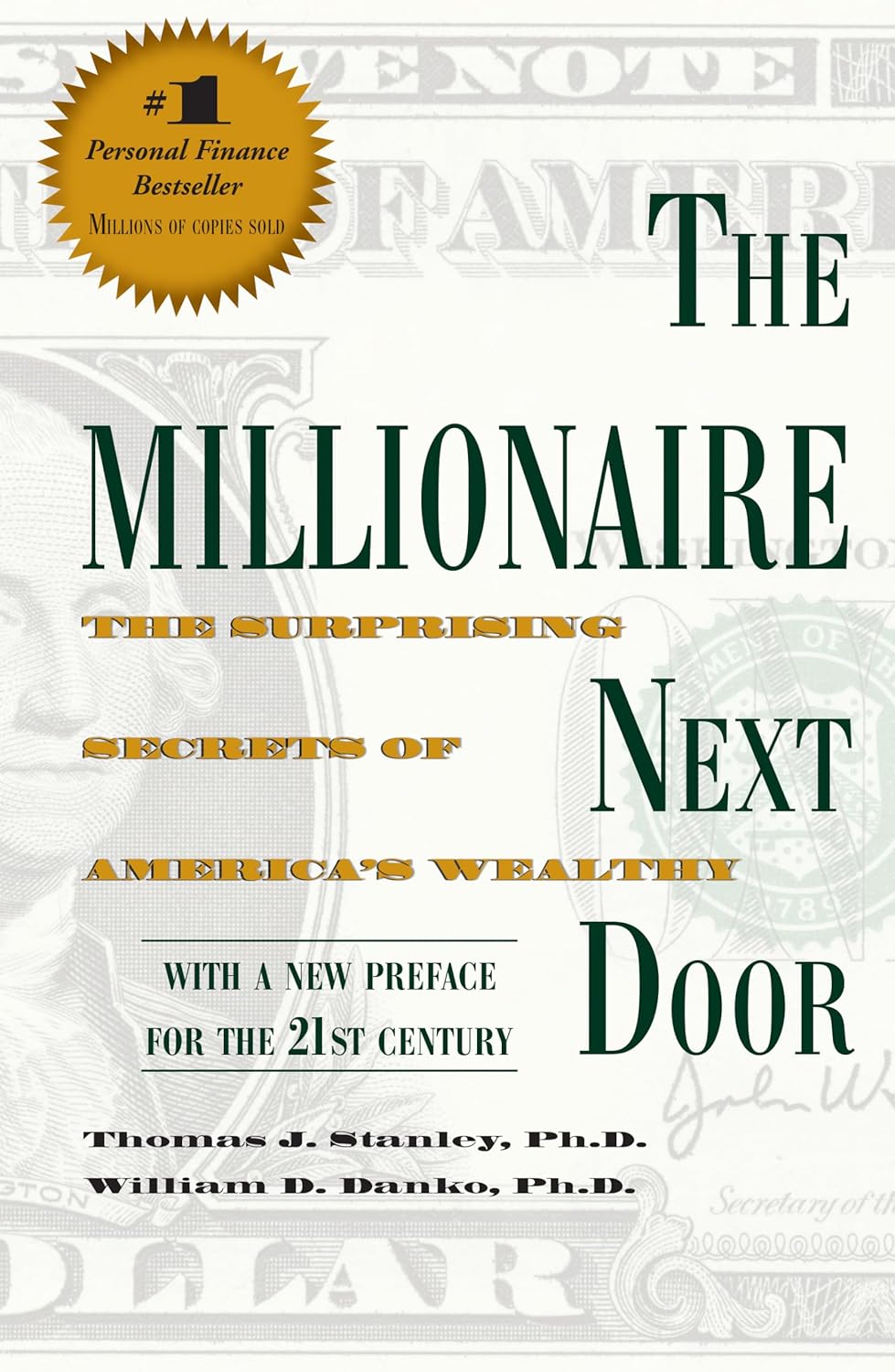One of the most important things you will ever do with regard to money is to plan for retirement. When you are young, it may seem so far away or even irrelevant, but the earlier you start, the better. As a matter of fact, regardless of how old you are, saving for your retirement is one thing you would want to be sure you begin doing. The following are some specific tips according to targeted age groups that you can take advantage of to set up your financial future for a comfortable retired life.

Why Retirement Savings Matters
Retirement may be a long way off, especially when one is still building a career; putting away money for retirement truly takes time. Retirement savings can facilitate the following:
- Maintain your lifestyle after retirement
- Deal with unexpected medical expenses
- Provide financial security for your family
- Reduce dependence on social security benefits
Now, let’s break down retirement-saving strategies by age to help you make smart choices at every stage of life.
In Your 20s: Start Early, Start Small
Key Strategy: Compound Interest Is Your Best Friend
In your 20s, retirement may feel like it’s a lifetime away, but this is literally the best time to begin. The power of compound interest means that the sooner you start saving, the more your money has the ability to grow over time. Owing to compounding, even small contributions can grow into a big nest egg.
Tips:
- Open a Retirement Account: First, open a 401(k) or an IRA. If your employer offers a 401(k), with matching contributions, make sure you get all the free money.
- Start Small: If you can only invest a small amount of money, that’s okay. It is essential to start off small but to start off. Yes, it is possible that even $50 a month grows significantly over 40+ years.
- Automate Your Contributions: Set up automatic transfers from your paycheck into your retirement account to avoid the temptation of spending that money.
Recommended Book: The Simple Path to Wealth by JL Collins – Brilliant explanations of reasons and ways to save and invest early with simple advice.
In the dark, bewildering, trap-infested jungle of misinformation and opaque riddles that is the world of investment, JL Collins is the fatherly wizard on the side of the path, offering a simple map, warm words of encouragement and the tools to forge your way through with confidence. You'll never find a wiser advisor with a bigger heart.” -- Malachi Rempen: Filmmaker, cartoonist, author and self-described ruffian
This book grew out of a series of letters to my daughter concerning various things—mostly about money and investing—she was not yet quite ready to hear.
In Your 30s: Increase Contributions and Diversify Investments
Key Strategy: Growth and Diversification
Generally, your 30s are the period when your income actually starts to climb, and the core financial priorities shift to building a family, buying a house, or even starting a business. This can be a good time to increase retirement contributions.
Tips:
- Increase Your Contribution: As your salary grows, try putting at least 15% of it toward retirement savings.
- Portfolio diversification: Augment your investment portfolio by supplementing the 401(k) or IRA with other types of investments such as stocks, bonds, or even real estate. This will protect you from market volatility.
- Emergency Fund: Maintain a cushion or an emergency fund for all types of unforeseen financial crises so that you won’t have to dig into your retirement savings.
Suggested Reading: Your Money or Your Life by Vicki Robin and Joe Dominguez: This book identifies the relationship between time, money, and financial independence.
Whether you’re just beginning your financial life or heading towards retirement, this book will show you how to:
• Get out of debt and develop savings
• Save money through mindfulness and good habits, rather than strict budgeting
• Declutter your life and live well for less
• Invest your savings and begin creating wealth
• Save the planet while saving money
• …and so much more!
Your 40s: Catch Up and Max Out Earnings
The Big Idea: Retirement Trumps Other Financial Goals
Your 40s can be a financially frenetic age as you may be paying for kids’ educations or a mortgage. Still, this decade is extremely important when it comes to retirement savings, and this is a good time to add more money.

Tips:
- Max Out Your 401(k): If at all possible, max out your 401(k) contributions. The IRS allows people over the age of 50 to make extra “catch-up” contributions.
- Rebalance Investment Mix: Gradually diversify investment between growth and income portfolios. Closer to retirement, you may want to reduce risk by shifting more investments into bonds or dividend-paying stocks.
- Tax-Advantaged Accounts: Utilize tax-advantaged accounts to their full extent, such as a Roth IRA, which allows complete tax-free growth of your investments.
Recommended Reading: The Millionaire Next Door by Thomas J. Stanley and William D. Danko: A great read about how ordinary people amass wealth and make smart financial decisions.
The bestselling The Millionaire Next Door identifies seven common traits that show up again and again among those who have accumulated wealth. Most of the truly wealthy in this country don't live in Beverly Hills or on Park Avenue-they live next door. This new edition, the first since 1998, includes a new foreword for the twenty-first century by Dr. Thomas J. Stanley.
Your 50s: Catch-Up Contributions and Fine-Tuning Plans
Key Strategy: Review and Adjust Your Retirement Plan
When you reach your 50s, retirement comes galloping. Now is the time when you should fine-tune your savings and investment strategies to make sure that you can have enough to get you by in your retirement years.
Tips:
- Catch-Up Contributions: After the age of 50, the IRS allows you to make Catch-Up Contributions in your 401(k) or IRA. That will definitely be helpful in case you have fallen behind in your savings goals.
- Reduce Risk: Shift your investment strategy to more conservative options. You surely don’t want your nest egg to get shattered because of market volatility while nearing retirement.
- Health Care Costs: Plan for your future health care needs. You may want to consider opening a Health Savings Account to pay for medical expenses in your retirement.
Additional Book Suggestion: The Bogleheads’ Guide to Retirement Planning by Taylor Larimore, Mel Lindauer and Michael LeBoeuf — This is a very informative book on retirement planning with advice from top financial experts.
The Bogleheads are back-with retirement planning advice for those who need it!
Whatever your current financial situation, you must continue to strive for a viable retirement plan by finding the most effective ways to save, the best accounts to save in, and the right amount to save, as well as understanding how to insure against setbacks and handle the uncertainties of a shaky economy.
Your 60s: Withdraw Smart, Stay Smart
Key Strategy: Have a Well-Thought-Out Withdrawal Strategy
Now that you’ve entered your 60s, retirement is no longer an abstract concept. The decisions you make now on how, when, and at what pace you withdraw your retirement assets will have a profound influence on the magnitude and duration of your financial well-being.

Tips:
- Defer Social Security: If possible, defer drawing on Social Security until age 70 for maximum benefits.
- Follow the 4% Rule: A common rule of thumb is that one should withdraw no more than 4% of one’s retirement savings each year as income to make money last.
- Consider Working Part-Time: Many people choose to continue to work during the early years of their retirement to continue bringing in an income and reduce the amount drawn down.
Recommended Reading: How to Retire Happy, Wild, and Free by Ernie J. Zelinski: A motivational guide toward living a full retirement beyond just money.
World-class author and innovator Ernie J. Zelinski guides you to:
- Gain courage to take early retirement; in fact, the earlier the better.
- Put money in proper perspective so that you don't need a million dollars to retire.
- Generate purpose in your retirement life with meaningful creative pursuits.
- Follow your dreams instead of someone else's.
- Take charge of your mental, physical, and spiritual health.
- Better envision you retirement goals -- including where you want to live.
- Above all, make you retirement years the best time of your life.
Conclusion: Start Now – Regardless of Your Age
Whether one is just starting their career, at the peak of earning years, or closing in on retirement, the secret to a successful retirement strategy is to start as early as possible and stick with it. The small steps made early in life can lead to extraordinary financial freedom later in life. Sometimes, reevaluation of the savings strategy-according to age-and periodic checking of one’s retirement plan will show if one is on course.
By following each of these tips, based on specific age groups, you’ll have a head start in securing a financially sound retirement. Whatever your age, the best time to begin saving is now.












